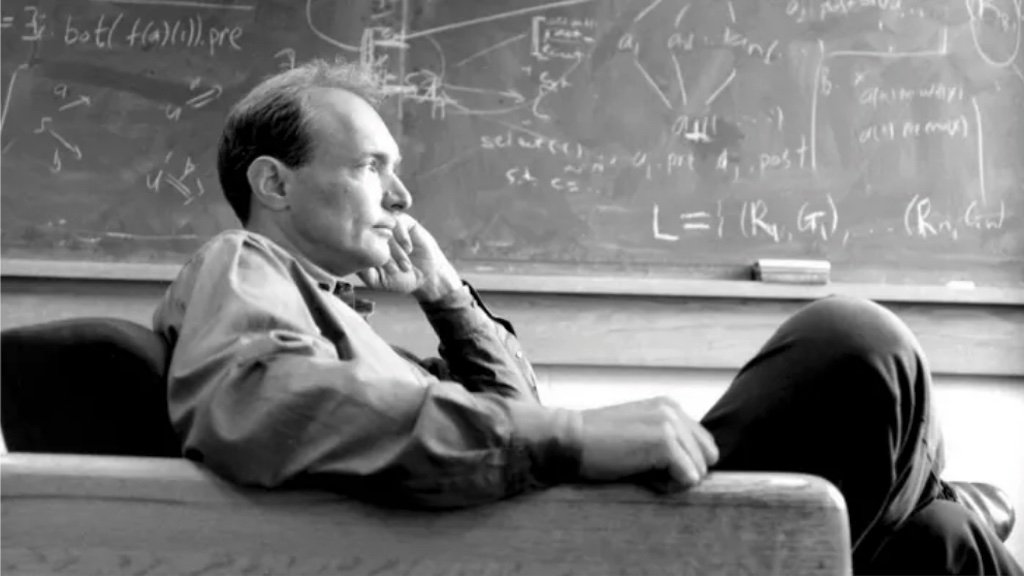Sir Tim Berners-Lee's original source code for the World Wide Web, represented as a non-fungible token (NFT), has sold at auction for $5.4 million.
The NFT, which is a type of blockchain-based asset that records ownership of digital items, sold at Sotheby's for $5,434,500 on Wednesday, the auction house has announced. It had a starting bid of $1,000.
Berners-Lee, the inventor of the World Wide Web, first announced the auction earlier in 2021. The NFT includes various digital items related to the invention of the web, including 9,555 lines of code written on a NeXT computer between 1990 and 1991.
All items in the lot were digitally signed by Berners-Lee. Proceeds from the auction will benefit initiatives that Berners-Lee and his wife support.
Berners-Lee conceived and wrote the code for the World Wide Web, a system for navigating the internet, between 1989 and 1991. The English scientist never patented the code, instead choosing to release it into the public domain. That code built the foundation for the internet as we know it today.
NFTs have exploded in popularity in recent months. Back in March, an NFT created by artist Mike Winkelmann, also known as "Beeple," sold for a final price of $69.3 million on the auction block. Twitter CEO Jack Dorsey also sold an NFT of his first tweet for $2.9 million.
Keep up with everything Apple in the weekly AppleInsider Podcast — and get a fast news update from AppleInsider Daily. Just say, "Hey, Siri," to your HomePod mini and ask for these podcasts, and our latest HomeKit Insider episode too.
If you want an ad-free main AppleInsider Podcast experience, you can support the AppleInsider podcast by subscribing for $5 per month through Apple's Podcasts app, or via Patreon if you prefer any other podcast player.
 Mike Peterson
Mike Peterson








 William Gallagher
William Gallagher
 Wesley Hilliard
Wesley Hilliard

 Christine McKee
Christine McKee
 Malcolm Owen
Malcolm Owen

 Andrew Orr
Andrew Orr





-m.jpg)




11 Comments
I can't think of another human being alive that has directly affected as many lives for the better as Sir Berners-Lee.
When you have more money than you know what to do with, sure, a digitally-signed image may seem like a pretty good idea...but, it's still f'ing dense.
Utter madness